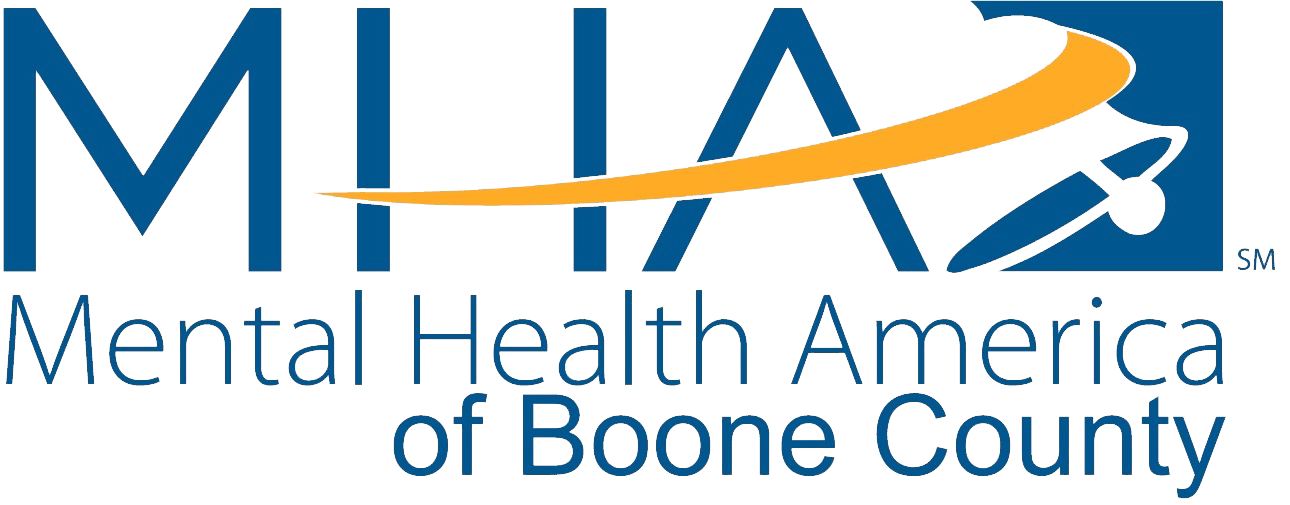Why Preschool is Important
In the early stage of a child’s life, the only environment they are exposed to is that at home. The people they see and learn from are mostly restricted to their family members and siblings. Enrolling your child in a preschool helps expose them to new surroundings and people, who they learn to cooperate and coexist with, independently.
Preschool helps young kids familiarize themselves with the basics to their future academics as well as develop behavioral, social and emotional skills that are needed in life. By exposing your child to more than just their home surroundings, they begin to share with others and contribute more than they would otherwise.
Introduces Children to a Structured Social Setting
Children between the ages of 3 – 6 years are the most receptive. Their brains are like sponges, ready to grasp and absorb all types of new information. While many parents fear that their child won’t do well if separated at such a young age, it is for this exact reason that preschool is vital. Early schooling will also help better prepare parents without the stress and need for top performance from their child and the concerns of academic superiority. Early schooling is also crucial for early identification of any potential special needs.
Curriculums Integrate Study into Playtime
Often, parents are skeptical about preschool routines and wonder whether children should be robbed of play time at such a young age. However, preschool curriculums have advanced greatly and although the focus on academic progress is high, children are not burdened with homework and lectures.
The advent of globalization greatly changed many perceptions, one of which is academics. Child psychologists and educators work together to build a regimen which focuses on fun, mentally engaging activities during which children learn the basics of English and Mathematics.
Through games such as the ABC song or leapfrog, children are taught how to use alphabets and numbers in daily life. They also learn how to share with their peers and resolve conflicts peacefully instead of violently, and are taught how to respect and care for their surroundings.
Satisfies Children’s Curiosity While Nurturing It Effectively
The meticulous activity-learning-based curriculum followed by preschools helps a child find answers to their never-ending curious questions. While parents do a fine job of satiating a child’s thirst for knowledge, it is a tricky business.
Preschool educators guide children through their own questions, teaching them ways to find answers to their questions before asking them. Children are instilled with a passion for exploration, experimentation, and observation, which allows them to look at the world as an infinite maze of questions and answers at an early age.
Develops A Child’s Cognitive and Language Skills
As we grow older, our ability to soak and retain information diminishes. Children between the ages 3 and 5 years have the highest retention of knowledge with the ability of applicability. Their vocabulary grows from an average of 900 words to 2500, and they learn how to properly differentiate between tenses and, structure complex sentences through real-time engagement.
Preschools allow children to develop at their own pace while bolstering the more agile students. Class handlers initiate informative, opinion forming or thought-provoking discussions all the while establishing new vocabulary during art, science, music or even snack time.
Additionally, preschool encourages children to find themselves at an early age. Reading corners and act-out story sessions build confidence and self-esteem in children while they also form opinions and identify their personal preferences. The structure of contemporary preschools strengthens the cognitive mechanism of your child’s brain by enabling them to think and explain their thoughts and feelings.
What Can You Do for Your Child
Preschools now maintain an open and active communication channel with parents and respect individual rearing practices and beliefs. Until your child is of a preschool going age you can engage them in activities that hone their motor skills as well as their thinking skills.
Physical activities such as catch and jump rope, help coordinate a child’s movements while simple practices such as short bedtime stories followed by a question and answer round will help nurture your child’s present and future development.


Recent Comments